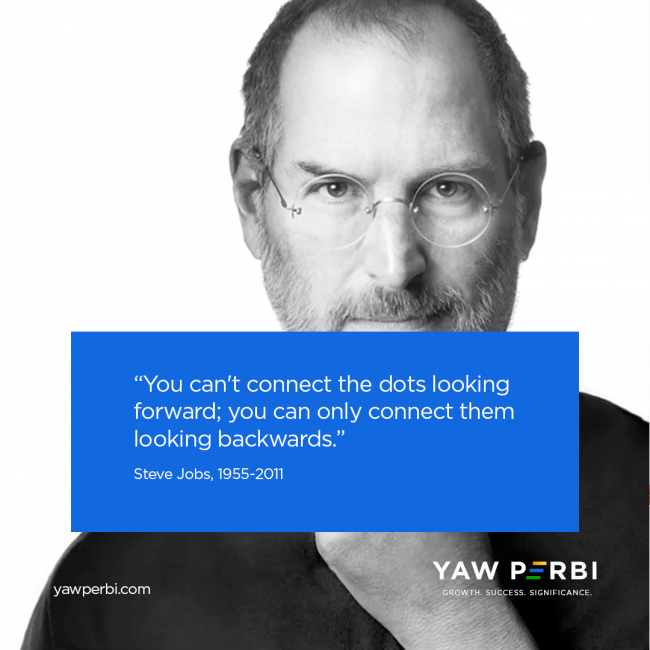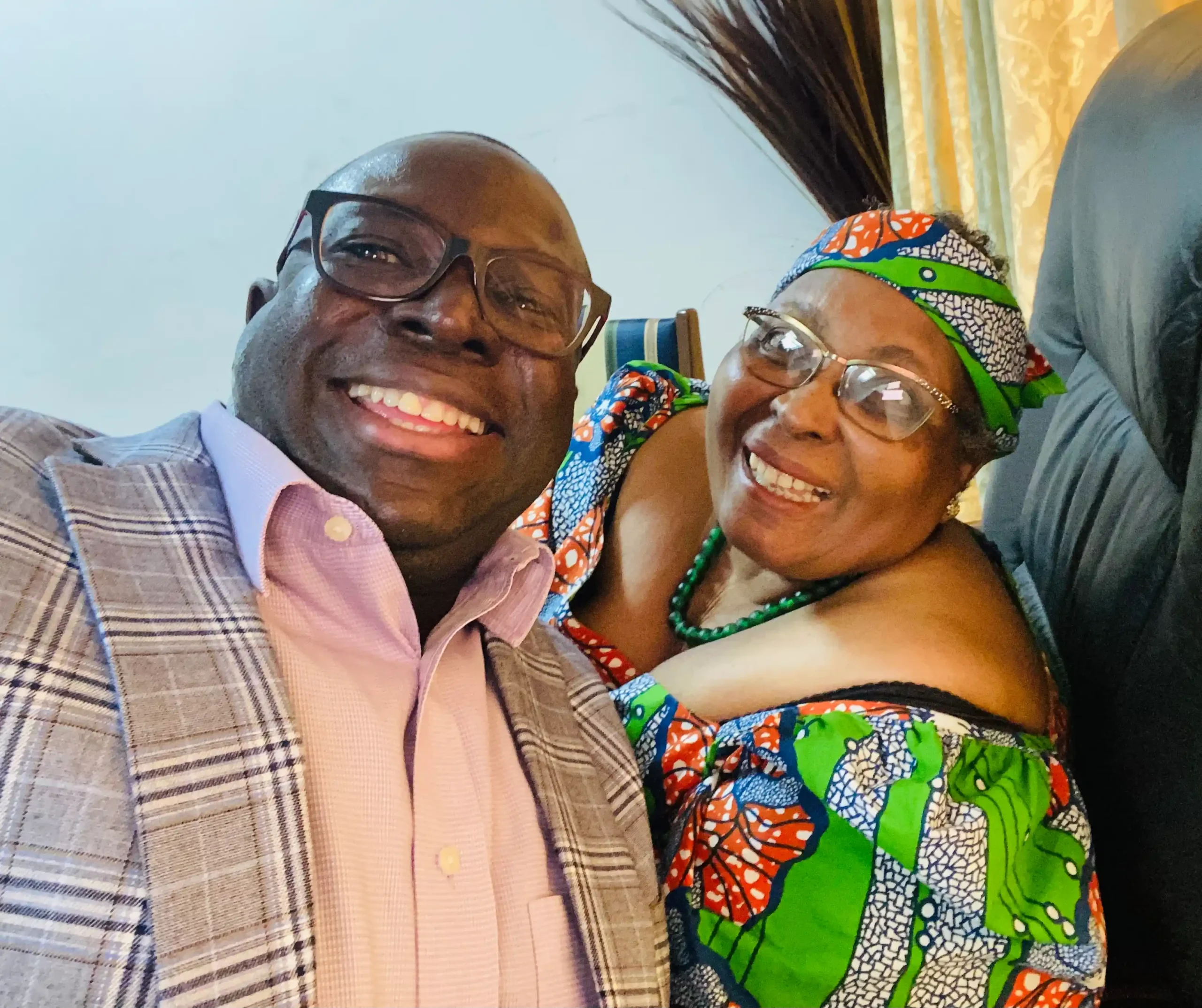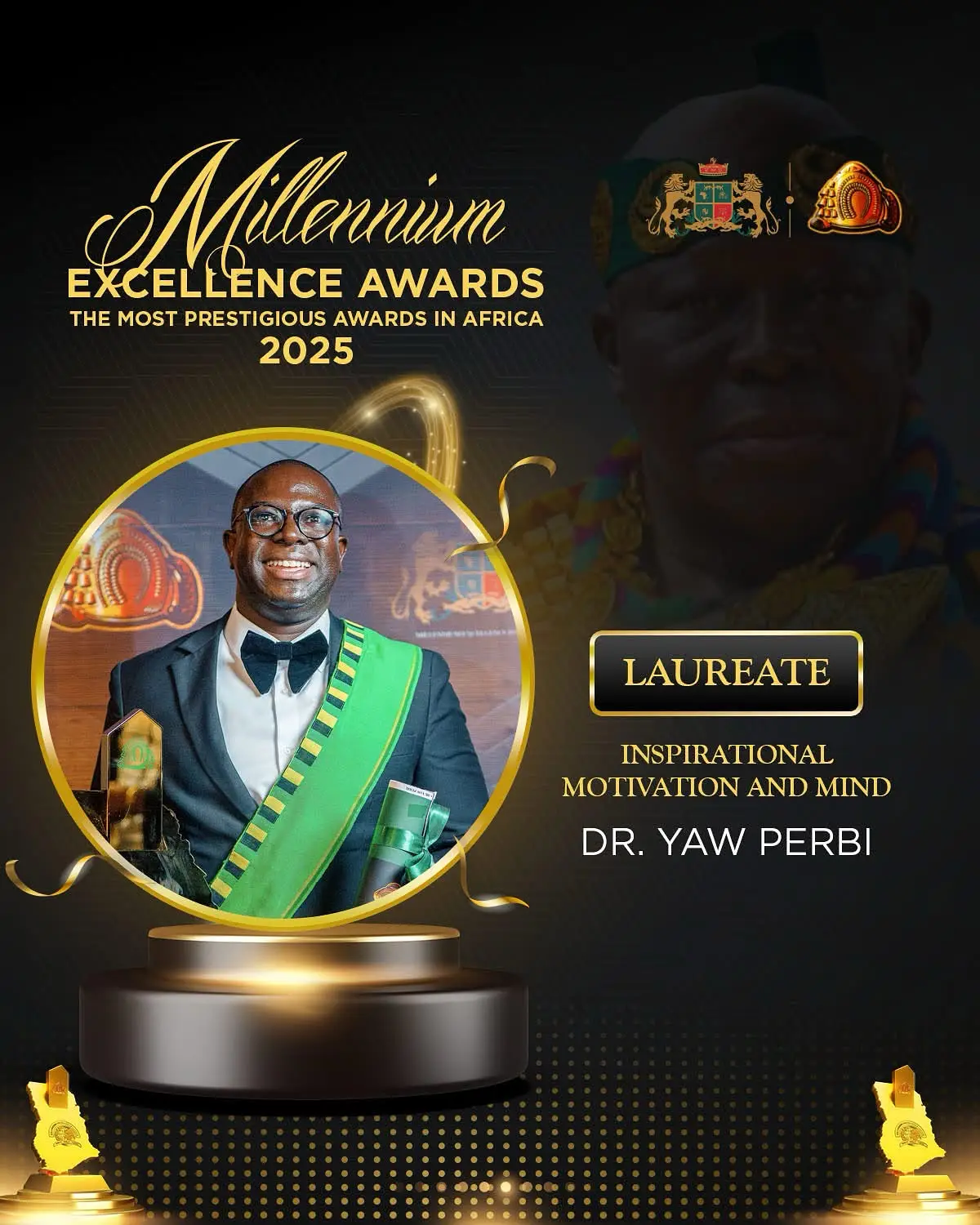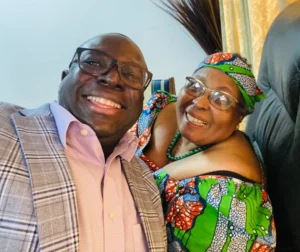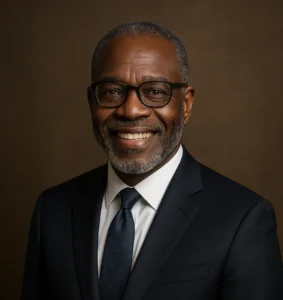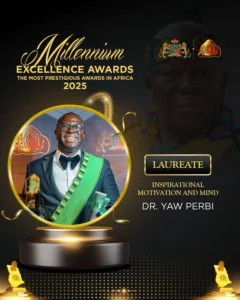Life is lived forwards but understood backwards. That sounds very much like one of those witty sayings from my bank of African proverbs but the person I read that from first was the Danish philosopher Søren Kierkegaard. In his own mother tongue “Livet skal forstaas baglaens, men leves forlaens,” translates into “Life can only be understood backwards; but it must be lived forwards.”
In a recent conversation with my brother and friend of nearly two decades, Rev. Albert Ocran, he prophetically said to me without butting an eyelid that when he looks at my entire life it can be distilled into one word: leadership, to which I replied with my head bopping like an agama lizard, “That is true, you are right!” (By the way I have given him the title, “Thought Distiller.” He’s doing a wonderful job distilling the life lessons of several leaders in society for the general public on his Springboard Road Show.) Albert is one of the few who ‘gets’ my life, probably because he is an ardent believer in something he himself calls “convergence.”
I have been accused by some of living a scattered life (“all over the place”) while others have expressed concern I might not make much of a dent in the universe (impact) because of how spread my life has been (and continues to be?). I have been a medical doctor, award-winning speaker, punching preacher, best-selling author, publisher, military officer, U.N. peacekeeper, cross-cultural pastor, serial entrepreneur from media to real estate to education, president & CEO, television presenter, financial advisor, investment consultant, founder of many things, corporate trainer, life and executive coach, inspirational teacher, lived in three countries over the last dozen years and served in 45 … So who are you, what are you? people wonder. Although I owe no one an explanation except the One who gave me life, permit me to share two pivotal paradigms, nay convictions, with you.
(1) META-PERFORMANCE–Milking Your Full Potential
First of all, there is the notion of meta-performance. Many of us never explore or exploit our full potential because we get stuck in being the best at something in comparison with others, rather than constantly exploring the question, “What am I capable of?” There is no reason to be stuck in a hospital because I was trained as a medic when I have the ability to author books as well, something the majority of my med school mates may not have the aptitude for. Shall I therefore not write because other doctors cannot? I resolved when I was but a youth, as entrenched it in my personal mission statement, to “die empty.” To die having utilized and exhausted every gift in me, but now I add, “within my God-given limits.” After all, like you I have only one life to live and have only 24 hours in each day. Besides, with a wife and seven children, family is a blessing which comes with its own limits as well.
Suffice it to say I encourage the youth in particular to spend their first 30-35 years at least, exploring and exploring and exploring until they finally hit oil. Don’t forget the parable of the talents: one was given five, another three, and a third servant, one, each according to their ability. Why should the chap with five compare himself with the person with one and underperform? As has been wisely said, the talents we have are God’s gift to us; what we do with them is our gift back to God. Meta-perform!
(2) CONVERGENCE–Connecting the Dots
But I digress, which is funny because the point I want to make next is about (a word that Albert loves): CONVERGENCE. We all must get to a point in our lives when we can look back and connect the dots, and see that all these seemingly scattered and unrelated aspects of our lives, including the lows and the pains, can all really come together to make one huge statement and result in an integrated life. The reason Kierkegaard’s words speak profoundly to me is that when I reflect on my seeming scatteredness, when I look backwards, I see that the many different-coloured strands have a common thread: leadership. That is why I doff my hat to Albert for being so spot on. I have not been called to be a medical doctor or military officer or media man or investment guru per se but a leader in every sphere I’ve been given talent and opportunity in. Is leadership a career? If it is then, then that’s mine. If it isn’t then I do not have a career.
The late Apple founder Steve Jobs put this Kierkegaard philosophy of looking backwards and Albert Ocran’s love of convergence into a very powerful statement: “Again, you can’t connect the dots looking forward; you can only connect them looking backwards. So you have to trust that the dots will somehow connect in your future. You have to trust in something—your gut, destiny, life, karma, whatever. This approach has never let me down, and it has made all the difference in my life.”
BACK TO THE FUTURE
This issue speaks to a powerful leadership practice we must all have: reflection. Reflection, really, is the rhythm of leadership. There is no understanding without reflection. Unless we lead from a place of pause, we will not be able to distill the lessons in life. Not only will we miss out on ourselves, others and even life itself but also our lives and leadership will be shallow. Take it from a guy who is almost always busy running around and has been described by my nonagenarian mentor in Britain as peripatetic. I’m learning more and more to be in solitude and silence, otherwise there is no understanding of the life lived or the thrill of the act of connecting the dots. I would wish that we all, like Aleksandr Solzhenitsyn, can say after our own backwards reflection, “later the true significance of what happened would inevitably become clear to me, and I would be numb with surprise.”
The fuller philosophy of Kierkegaard is this: “It is really true what philosophy tells us, that life must be understood backwards. But with this, one forgets the second proposition, that it must be lived forwards. A proposition which, the more it is subjected to careful thought, the more it ends up concluding precisely that life at any given moment cannot really ever be fully understood; exactly because there is no single moment where time stops completely in order for me to take position [to do this]: going backwards.” Don’t keep looking only in the rearview mirror, that’s not where you’re going. But surely do look into it momentarily from time to time for the wherewithal to live and lead forwards with meaning. Life is lived forwards but understood backwards.

